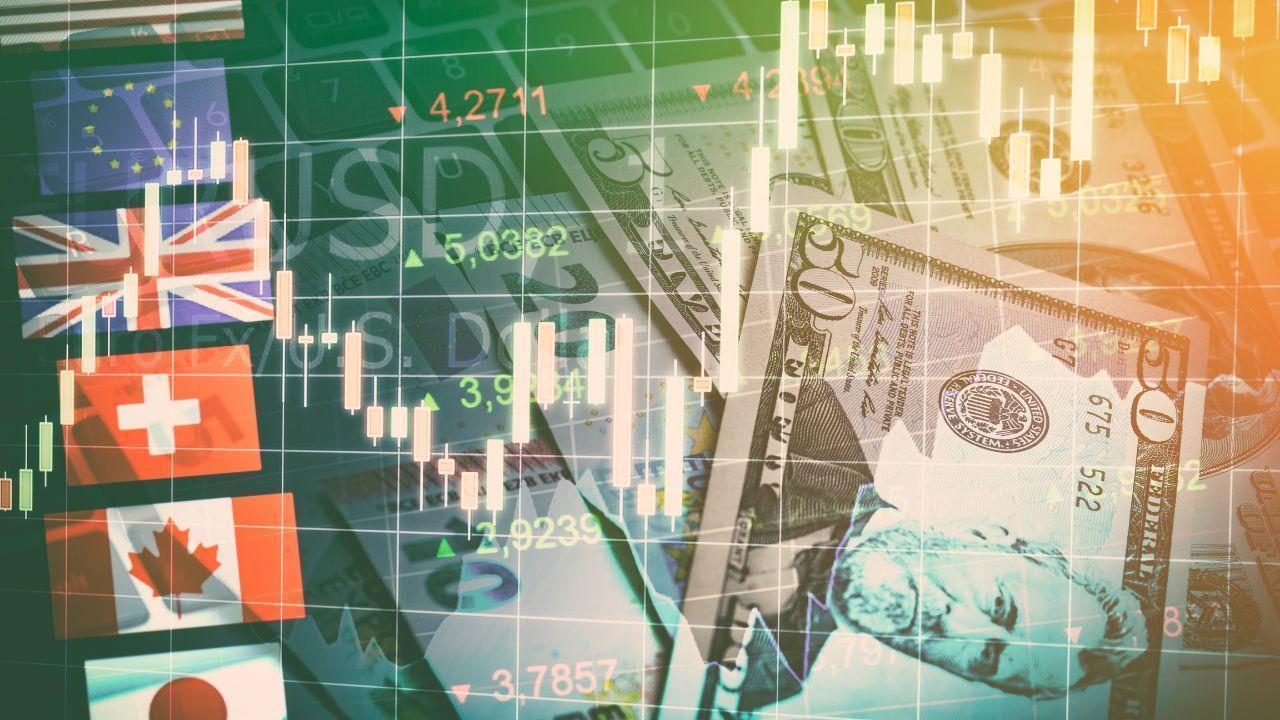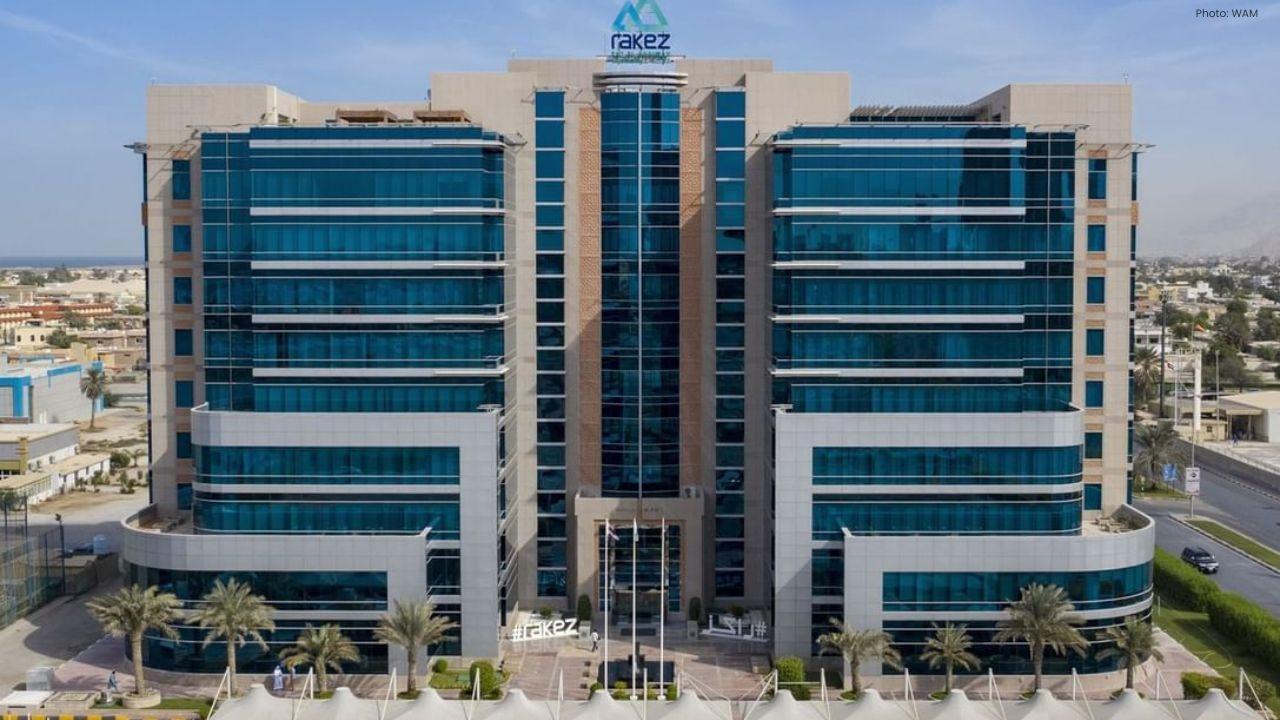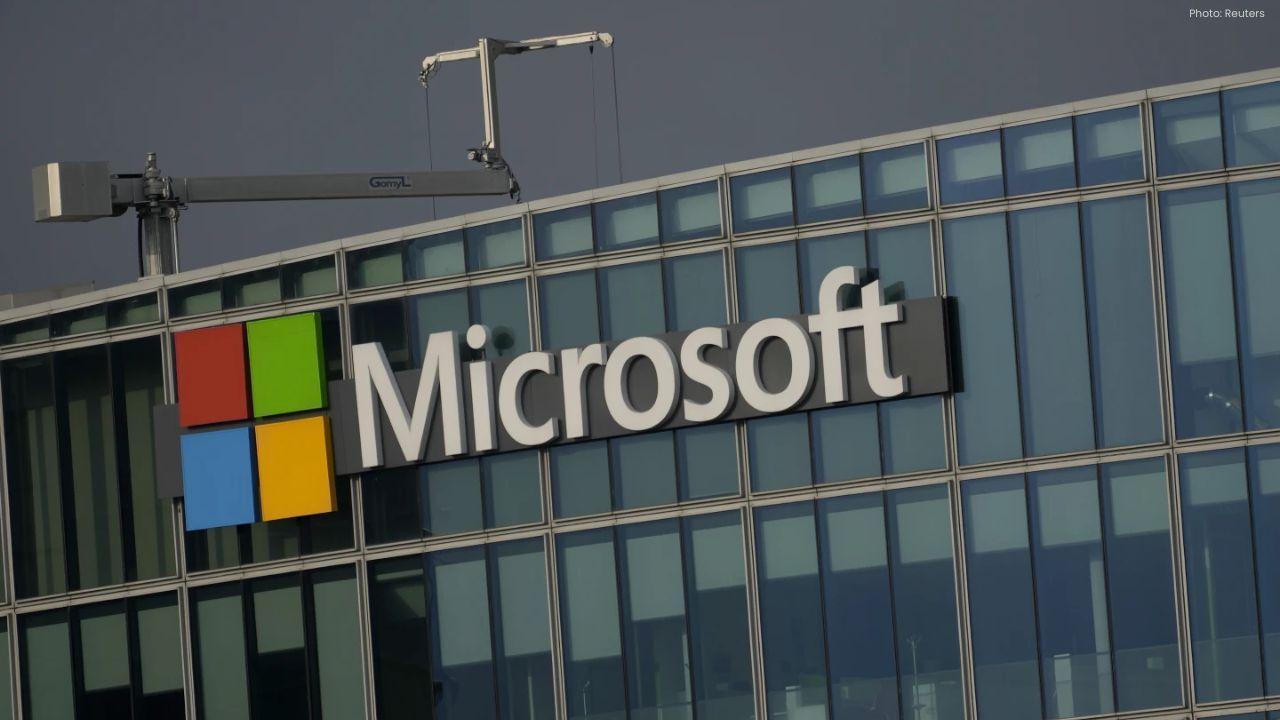
Post by : Vansh Kumar
In today’s interconnected world, the global economy is no longer confined to national borders. Global markets have become the driving force behind economic growth, shaping industries, influencing policies, and redefining opportunities for businesses and individuals alike. From international trade to financial markets, these systems impact everything from job creation to technological innovation, making them central to understanding how the economy evolves. As we look to the future, it’s clear that global markets are not only shaping economic trends—they are redefining the very concept of economic progress.
Over the past few decades, globalization has accelerated the integration of economies worldwide. Companies are no longer restricted to local consumers; they can reach customers across continents. Financial institutions operate across time zones, while investors can trade assets in multiple markets with a click of a button. This interconnectedness has led to the rise of global markets, where economic decisions in one country can ripple across the world.
The expansion of global supply chains has been a key factor in this transformation. Businesses now source materials, labor, and services internationally, increasing efficiency and reducing costs. While this has created new opportunities, it also means that economic disruptions in one region, such as political instability or natural disasters, can affect markets worldwide.
Technology is a critical driver in how global markets influence the economy. Digital platforms, automation, and artificial intelligence are changing the way businesses operate, trade, and compete. E-commerce allows even small companies to reach international audiences, while fintech innovations are transforming banking, investments, and payments.
Technological advancements also provide greater access to data and insights, helping investors and policymakers make informed decisions. Real-time analytics and predictive modeling allow businesses to anticipate market trends, optimize operations, and mitigate risks. The integration of technology into global markets is redefining the economic landscape, creating a faster, smarter, and more interconnected world.
International trade is at the heart of global economic integration. By exchanging goods, services, and resources, countries can specialize in areas where they have a comparative advantage, boosting productivity and growth. Trade agreements and partnerships, such as free trade zones, have expanded market access and reduced barriers, allowing businesses to flourish globally.
Trade also impacts domestic economies. Increased exports generate revenue and jobs, while imports provide consumers with a wider range of affordable products. However, trade comes with challenges. Fluctuations in global demand, tariffs, and supply chain disruptions can create economic volatility, emphasizing the need for adaptability and strategic planning.
The evolution of financial markets plays a crucial role in how global markets shape the economy. Stock exchanges, bond markets, and commodity trading platforms connect investors, companies, and governments worldwide. These financial hubs influence capital flows, interest rates, and investment strategies, affecting economic growth across nations.
Global financial markets also highlight the importance of regulation and transparency. Coordinated efforts between countries, such as international banking standards and trade policies, ensure stability and reduce systemic risks. Understanding the interplay between financial markets and the broader economy is essential for businesses and policymakers alike.
While traditional economic powerhouses continue to dominate, emerging markets are increasingly significant players in global markets. Countries in Asia, Africa, and Latin America are driving growth through industrialization, technological adoption, and expanding consumer bases. These markets offer opportunities for investment, trade, and innovation, contributing to a more diversified and resilient global economy.
The rise of emerging economies also reshapes global competition. Companies must adapt to local preferences, regulatory environments, and cultural differences to succeed internationally. This dynamic underscores the complexity and evolving nature of global markets in redefining economic trends.
Despite the many opportunities, global markets present challenges that can affect economic stability. Political tensions, trade wars, and economic sanctions can disrupt trade flows and create uncertainty. Environmental issues, such as climate change, impact supply chains and resource availability, influencing long-term economic strategies.
Additionally, rapid technological change can create disparities. Countries and businesses that fail to adopt new technologies risk falling behind, exacerbating inequality in wealth and opportunity. Policymakers, corporations, and international organizations must collaborate to navigate these challenges while promoting inclusive and sustainable economic growth.
Governments play a crucial role in shaping how global markets impact the economy. Policies related to trade, taxation, regulation, and technology adoption influence competitiveness and growth. Proactive policies that support innovation, entrepreneurship, and workforce development can help countries thrive in an interconnected global market.
Innovation is equally important. Companies that embrace technological advancements and adapt to changing consumer demands can leverage global markets to expand, diversify, and strengthen their economic position. The synergy between policy and innovation determines how effectively economies harness the potential of global markets.
Looking ahead, global markets will continue to evolve, driven by technological innovation, demographic shifts, and changing consumer behavior. Artificial intelligence, blockchain, and digital currencies are likely to redefine trading, investment, and business operations. Sustainability and environmental responsibility will also play a more prominent role, shaping the priorities of investors, governments, and corporations alike.
The economy of tomorrow will be increasingly interconnected, data-driven, and technology-enabled. Those who understand the forces shaping global markets will be better positioned to capitalize on opportunities, mitigate risks, and drive sustainable growth.
The information provided in this article is intended for general informational and educational purposes only. While every effort has been made to ensure accuracy, economic trends and market conditions are constantly evolving. Readers are encouraged to conduct their own research and seek professional advice before making financial or business decisions. GCC news network is not responsible for any outcomes resulting from the use of this content.
#trending #latest #GlobalMarkets #EconomyTrends #EconomicGrowth #TradeAndTechnology #FutureOfFinance #GlobalEconomy #MarketInsights #InnovationAndEconomy #FinancialTrends #EconomicDevelopment #GCCNews #GCCUpdates #GCCTech #GCCInnovation #ArabWorldNews #GCCTrends #DigitalGCC #GCCBusiness #GCCFuture #GCCTechnology #GCCInsights










Three Injured After Ceiling Collapse At Liat Towers Singapore
Three people were injured after a ceiling collapsed at Liat Towers, Singapore. Eyewitnesses helped v

US Authorities Arrest Suspect In Charlie Kirk Shooting Case
US President Trump confirms suspect in Charlie Kirk shooting has been arrested after a minister turn

EU Regulators Approve Microsoft Teams Changes To End Antitrust Case
Microsoft Teams update, EU antitrust decision, Office software changes, competition rules compliance

Pakistan Prepares To Face Oman In Asia Cup Before India Clash
Pakistan prepares for Asia Cup opener against Oman, aiming for a strong start and building confidenc

Rescue Boat Capsizes in Pakistan Floods, 9 Dead in Multan
A rescue boat capsized during flood relief in Multan, Pakistan, killing nine. Floods affect millions

Bangladesh Beat Hong Kong In Asia Cup Opener With Litton’s 59
Bangladesh began their Asia Cup with a win against Hong Kong. Litton Das scored 59 and Hridoy added